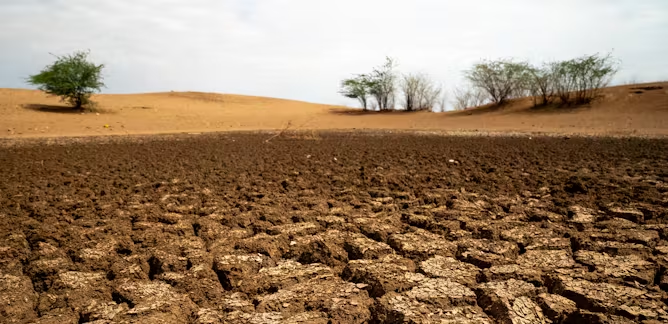As the world grapples with the challenges of climate change, Africa stands at a critical crossroads in its pursuit of a sustainable future.
The continent’s energy transition is gaining momentum, driven by technological innovations that are transforming the way energy is produced, stored, and consumed.
Experts agree that embracing cleaner and more sustainable energy sources is vital not only for reducing greenhouse gas emissions but also for addressing the economic and environmental vulnerabilities that African nations face.
Technologies Shaping the Transition
At the forefront of Africa’s energy transition are renewable energy systems, which include solar, wind, hydro, and geothermal power.
These technologies are becoming increasingly affordable and viable, offering an opportunity to reduce reliance on fossil fuels.
Countries like South Africa, Kenya, and Morocco have made significant investments in wind and solar farms, showcasing the potential of renewables.
Another key driver is energy storage technology. Innovations in battery systems are making it easier to integrate renewable energy sources into national grids, addressing the challenge of intermittency that has long plagued renewables.
This development is critical for ensuring a stable and reliable power supply across the continent.
Smart grids are also revolutionizing energy management in Africa. By optimizing energy distribution, these intelligent systems minimize waste and empower consumers to make informed decisions about their energy usage.
Nigeria, for example, is exploring smart grid technologies to tackle its chronic electricity distribution challenges.
Meanwhile, the electrification of transportation is gaining traction, with electric vehicles (EVs) slowly making inroads into African markets. Declining battery costs and improved charging infrastructure are fueling this trend, particularly in urban areas.
The Benefits of Energy Transitions
The transition to cleaner energy sources offers multiple benefits for African nations. First, it can significantly reduce greenhouse gas emissions, contributing to global efforts to combat climate change.
Improved air quality is another critical advantage. Renewable energy eliminates the harmful pollutants associated with fossil fuels, resulting in healthier communities.
Economically, the energy transition has the potential to create jobs, attract foreign investments, and stimulate local economies.
The renewable energy sector in Africa is already providing employment opportunities in solar panel manufacturing, installation, and maintenance.
Energy security is also a major benefit. By diversifying energy sources and reducing dependence on imported fuels, African countries can shield themselves from price volatility and supply disruptions.
Overcoming Challenges
Despite these promising developments, Africa’s energy transition faces significant hurdles.
The continent’s energy infrastructure is outdated and requires substantial upgrades to accommodate new technologies.
Grid modernization and the establishment of EV charging networks will require massive investments.
Supportive policies and regulations are also critical. Governments must implement incentives and frameworks that encourage innovation and the adoption of clean energy solutions.
For instance, countries like Rwanda and Ethiopia have introduced renewable energy policies that provide subsidies and tax breaks to investors.
Public engagement is another key factor. Raising awareness about the benefits of energy transitions can foster greater acceptance and participation.
Finally, continued investment in research and development is necessary to enhance the efficiency, affordability, and scalability of clean energy technologies. African nations must collaborate with international partners to tap into global expertise and funding.
A Collective Responsibility
The energy transition is a complex process that requires the coordinated efforts of governments, industries, and civil society. African nations have a unique opportunity to leapfrog traditional energy models and adopt cleaner, more sustainable solutions.
By leveraging technology and innovation, the continent can not only mitigate the impacts of climate change but also create a more equitable and resilient energy system. The journey ahead may be challenging, but the rewards are worth the effort.
By Soliu Mohammed
Soliu Mohammed is an Ilorin based Freelance Journalist he can be reached on
[email protected]







